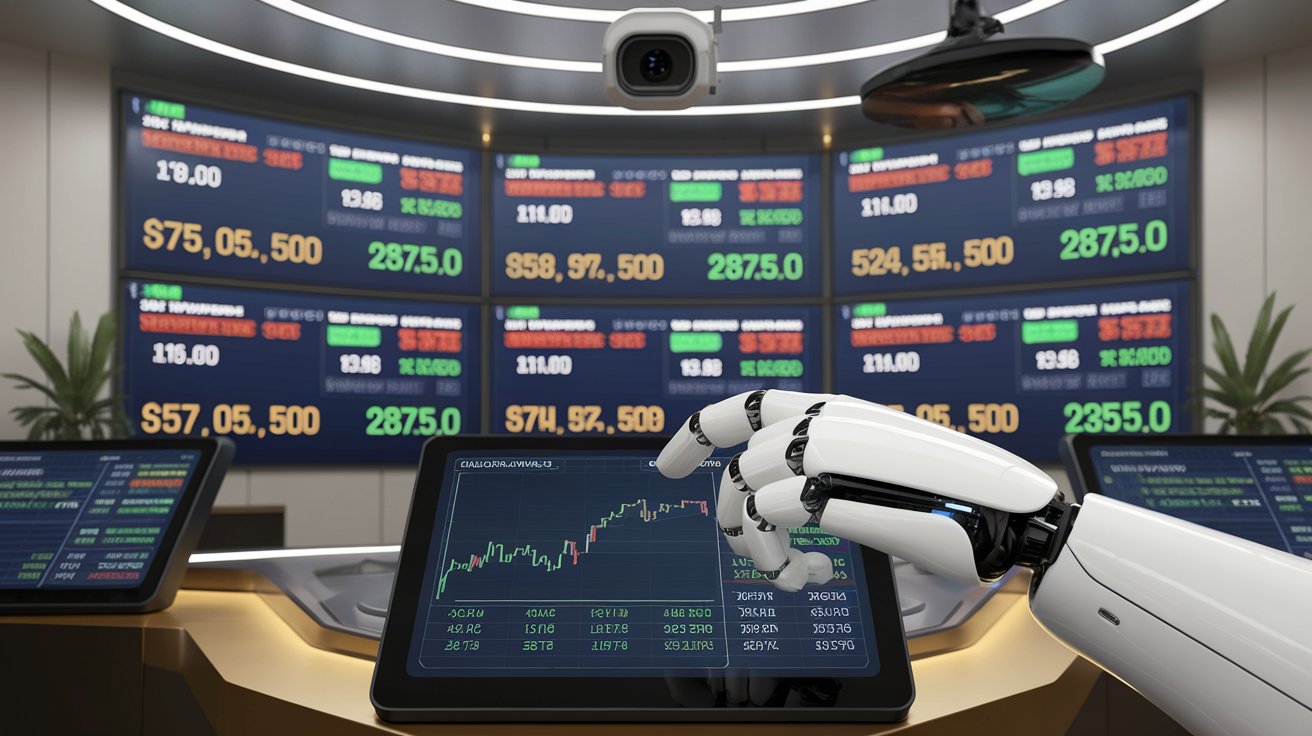The Rise of AI in Forex Trading
AI-Powered Forex Trading: A New Era of Data-Driven Decisions
AI has revolutionized forex trading by providing sophisticated data analysis capabilities. AI systems can process vast datasets from multiple currency pairs, identifying trends and incorporating real-time economic indicators alongside market sentiment from social media and news outlets.
Harnessing the Power of Sentiment Analysis
AI gauges market mood through sentiment analysisby scanning articles, tweets, and reports to predict potential price movements. This empowers traders to align their strategies with the prevailing market psychology while minimizing emotional biases.
The Evolution of Trading with Machine Learning
Machine learning algorithms continually learn from past trades and data, refining strategies. This adaptability positions AI as a valuable tool that evolves alongside shifting market conditions.
A Synergistic Approach: AI and Human Intuition
The fusion of AI and forex has given rise to hybrid trading systems that merge the analytical prowess of machines with human judgment. These systems leverage AI for data analysis while grounding decision-making in human insight.
It’s important to remember that AI is not a magic bullet. Traders still need a solid grasp of forex fundamentals and effective risk management strategies. Selecting the right AI tools requires discernment, making platform choice a crucial step in the trading process.
As AI continues to reshape trading practices, a balanced approach that blends innovation with traditional trading principles remains paramount.
Emerging Trends in AI-Driven Forex
Two significant trends are shaping the future of AI in forex trading: sentiment analysis tools and hybrid trading systems.
Sentiment Analysis: A Deeper Dive into Market Psychology
Sentiment analysis tools provide traders with insights into market psychology by scanning online sources to interpret market emotions surrounding key economic events and news. This enables traders to anticipate potential price movements, complementing traditional economic data analysis.
Hybrid Trading Systems: A Perfect Blend
Hybrid trading systems combine AI’s analytical strength with human intuition and strategic insights. These systems harness the processing power and adaptability of AI algorithms while valuing human wisdom in decision-making. This approach can accommodate unexpected market developments and anomalies.
These trends point towards a future of more sophisticated trading methods, where AI’s precision complements human intelligence. By maintaining human oversight, traders can mitigate risks associated with over-reliance on AI systems, such as algorithmic biases or misinterpretations.
Ethical and Regulatory Considerations
The integration of AI into forex trading raises important ethical and regulatory concerns. As AI systems become more complex, they introduce new possibilities for market manipulation and unintended biases that could compromise forex market integrity.
Key concerns include:
- Market Manipulation: The potential for AI algorithms to be manipulated or to manipulate the market.
- Algorithmic Bias: Unintended biases inherent in AI algorithms.
- Market Volatility: The speed and volume at which AI can execute trades may amplify market volatility.
Regulatory bodies are exploring frameworks that prioritize transparency, accountability, and ethical AI use in financial markets. There is an ongoing dialogue about the need for international cooperation in setting standards that prevent market manipulation, address algorithmic biases, and ensure AI-driven activities do not compromise market stability.
While AI offers significant potential benefits in forex trading, it’s crucial to consider its ethical and regulatory implications. The path forward will require balancing technological innovation with robust governance structures that safeguard market integrity.

